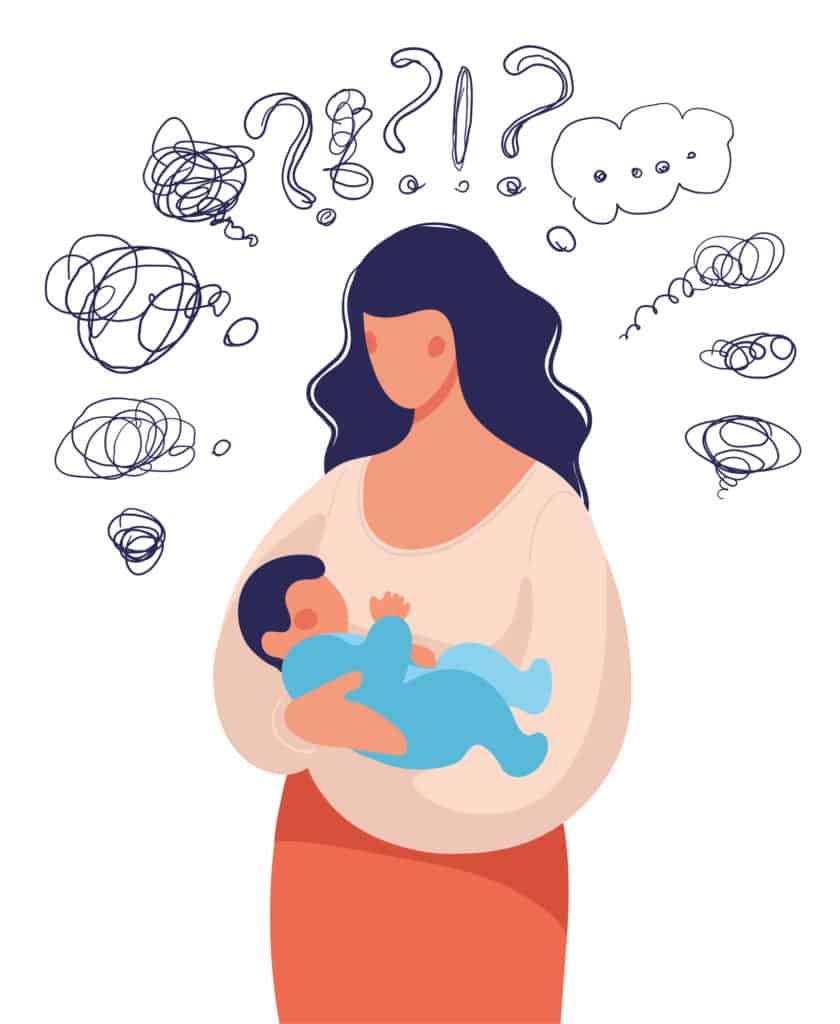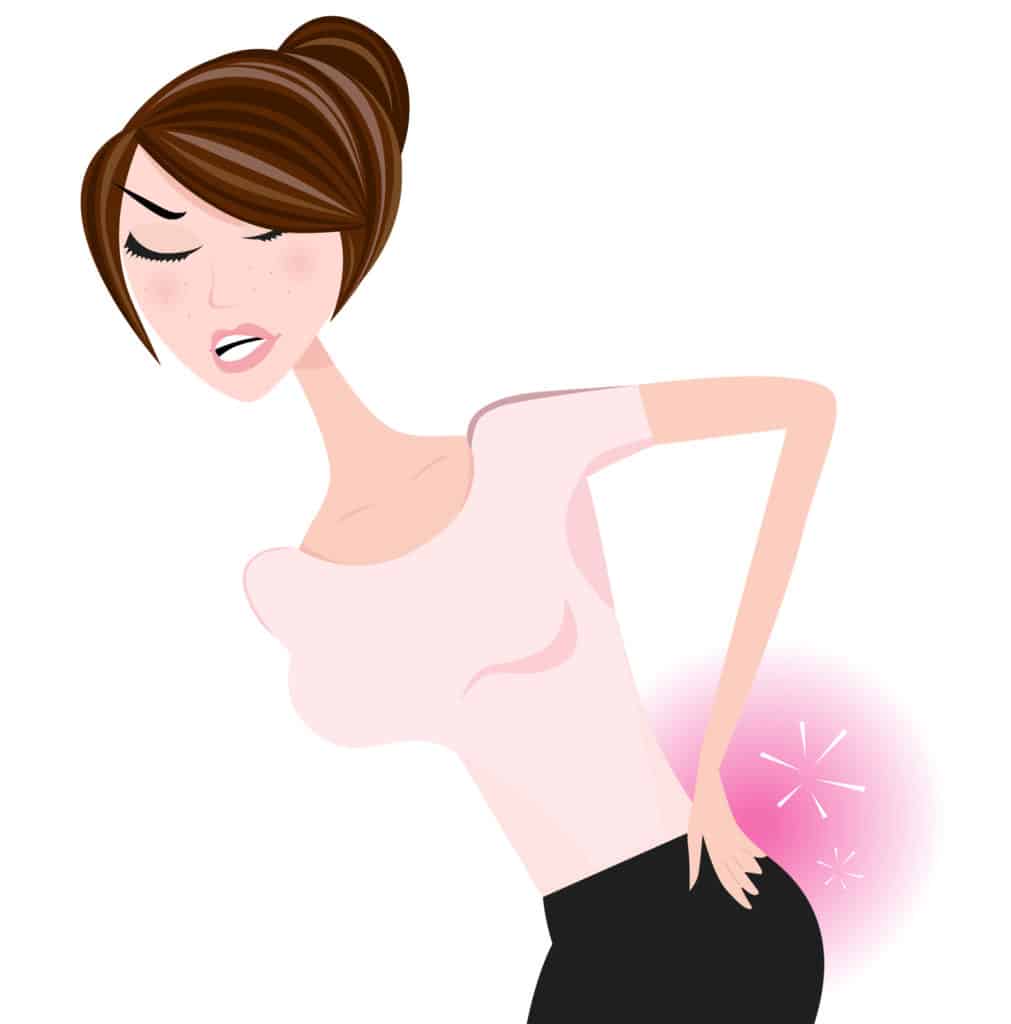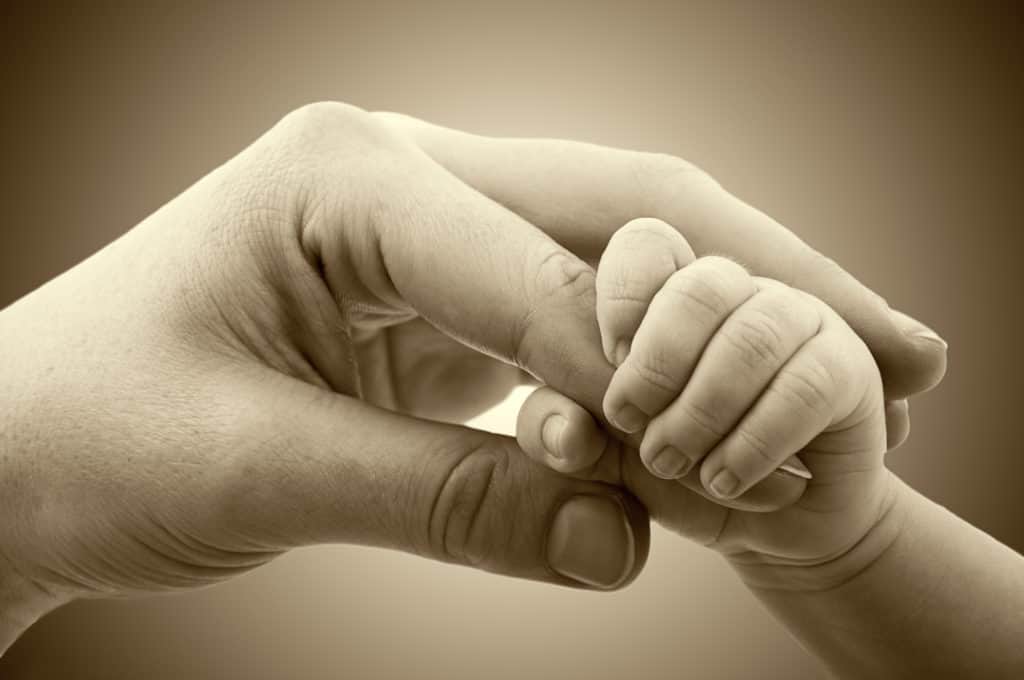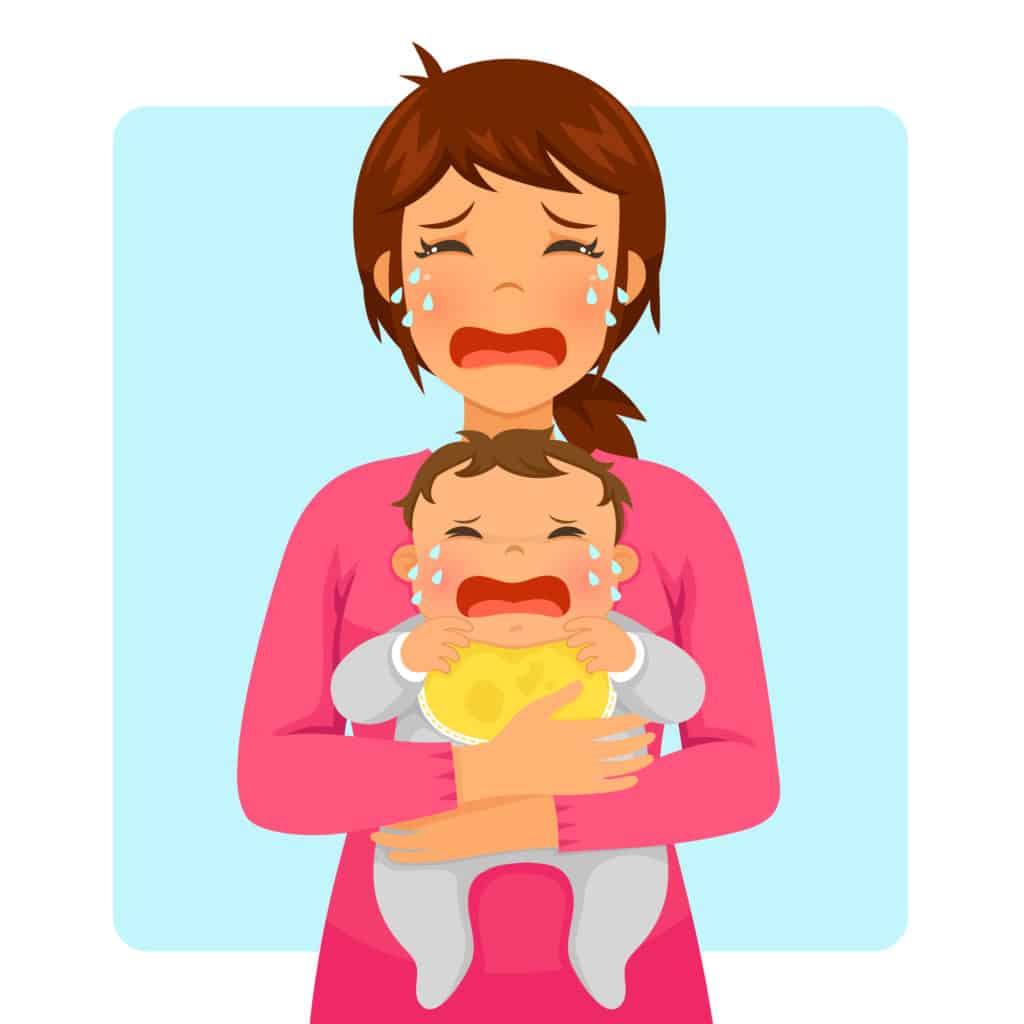Are you in the blur of the postpartum period and wondering what the heck happened to your body?
Maybe it’s decades after you gave birth, but you’re still suffering in silence?
Having a baby is a joyous, life-affirming event. But to preserve the joy and not rain on the parade of expectant mothers, we tend to sweep the physical and mental aftereffects of childbirth under the carpet. And because it’s not talked about, many women feel shame: mistakenly believing they should have bounced back sooner and recovered better.
Some people call this predicament Superwoman Syndrome – we’re expected to breeze through the pain and physical changes of pregnancy and childbirth and the pressures of child-rearing. Be a valuable member of the community, a Michelin-starred Chef, achieve career or business success – all while impeccably dressed and groomed with a spotless house and perfect relationship.
But it’s a fallacy – and unfortunately, we get drawn into negatively comparing ourselves to the women we think are doing better and “have it all.”
Serena Williams won the Australian Open while pregnant with her daughter, Olympia. She reached the finals of Wimbledon ten weeks after giving birth. From the outside, it appeared like she could do it all. But to help other women, Serena was honest about her postpartum struggles when she shared this message with her followers on Instagram:
“It’s totally normal to feel like I’m not doing enough for my baby. We have all been there. I work a lot, I train, and I’m trying to be the best athlete I can be. However, that means although I have been with her every day of her life, I’m not around as much as I would like to be. Most of you moms deal with the same thing. Whether stay-at-home or working, finding that balance with kids is a true art. You are the true heroes.”
We talk about the oxytocin high when your baby exits the womb and enters the world. The fascination when your milk comes in, or the rush of love and fireworks you feel when you’re breastfeeding your baby for the first time. There is nothing quite like it. We share stories of first words, teeth, steps, and other milestones. Later, it’s high school grades, first girlfriends, and sporting achievements.
But we don’t talk about pelvic organ prolapse or the aches and pains. We don’t share that we’re not having sex because it’s too painful or that we don’t see out friends anymore because we fear wetting our pants.
The state of our bodies after our little treasures vacate our wombs stays behind closed doors. We’re afraid to talk about the realities of postpartum depression or the emotional rollercoaster of motherhood after giving birth. The times when we don’t have the energy to shower, brush our hair, or even nurse our babies.
We keep those highlights hidden.
Your low back hurts – all day long. Walking to the fridge for energy-boosting snacks is a struggle, never mind trying to take the baby out for a walk in the sunshine.
Hot baths – once upon a time an indulgence and part of your well-honed single girl, self-care routine – make everything down below sting.
You don’t want to take painkillers either because you’re breastfeeding.
Your body feels alien.
You’re tired, teary, and anxious.
In the dark moments, you fear you’ll never regain control of your bladder or your emotional state again. In the dead of another sleepless night, your bundle of joy feels like the biggest mistake of your life.
Nobody takes pictures of those moments, do they?
It’s no surprise because there’s no Me Time anymore. It’s all about your new baby in the first few months. You put off dealing with the physical effects of the birth – until it’s been so long that you feel too ashamed to seek help because you left it so long. Some women put it off for decades – stuck in a never-ending cycle of putting other people first.
But what’s normal and what’s not?
Of course, we expect a certain amount of pain during pregnancy. We’re not under any illusion that the birth won’t be painful either. But what about the lasting pelvic pain and low back pain? Even just sitting down burns. And you haven’t had more than 4 hours of sleep since the beginning of your first trimester.
But. Let’s flip the lights back on. Baby rearing is a privilege and joy. Few things in life provide the same happiness, awe – at the wonder of human nature, and all-around fulfillment.
The critical thing to remember is that you don’t have to put up with aches and pains. It’s not a life sentence. Your body is simply telling you it needs support, that’s all. When you listen, take notice, and seek help, you can optimize your body, get out of pain, and get your life back.
So, without further ado. Let’s get down to the nitty-gritty. Here are some of the most common postpartum effects that linger long after you wean your baby onto solid food, drop him off at college, or he has children of his own.
What Are The Effects Of Giving Birth?
Separation in your abdominal muscles
Separation of the abdominal muscles, or “diastasis recti,” as it’s sometimes referred to, is common after pregnancy and usually resolves within eight weeks of giving birth. But this is not always the case – it can be an ongoing problem, where the two vertical abdominal muscles remain separated, causing a bulge in the center of your belly. The separation can also cause low back pain problems as your core muscles can’t support and stabilize the back effectively. But the good news is, the symptoms improve with Physical Therapy.
Pelvic Pain
At our clinic, non-specific pelvic pain is one of the most common complaints after childbirth. It’s also one of the most likely conditions that women put down to “that’s just how it is after childbirth.” But it doesn’t have to be that way. We can help you find the root cause and get out of pain.
Low Back Pain
As we mentioned earlier, over half of women will experience back pain – either during pregnancy or in the postpartum period, so you’re not alone. But again, you don’t have to endure it – we can fix it. You can stop popping pills and avoiding all the things you used to love to do.
Pelvic Organ Prolapse
Along with bladder, bowel, and urinary problems – pelvic organ prolapse is one of the least talked about postpartum conditions. To men or women who haven’t had children, having part of your womb protrude from your vagina sounds shocking. It’s not great for your libido either. But it’s very common, so you shouldn’t feel shame. We’re here to support you and to help you fix it fast.
Bladder Pain
We know that Painful bladder Syndrome or Interstitial Cystitis, a condition that causes a frequent need to urinate and the burning pain of cystitis without infection, affects over 12 million Americans. Nothing seems to help. But with the proper support, you can beat this condition too. You don’t have to live in pain or discomfort – and you’ll be able to sleep through the night again.
Urinary Stress Incontinence
This condition is sometimes called “leaky bladder,” which explains what the problem is – your bladder leaks urine when you’re not expecting it. Stress incontinence causes women all sorts of embarrassing problems – from a loss of libido or shunning sex and intimacy to avoiding exercise, sports, and anything that makes you laugh. Sadly, it’s another condition that many women accept because of childbirth, but it doesn’t have to ruin your life. We can improve the symptoms.
Digestive Issues
Many women go from having perfect digestion before childbirth to chronic constipation and cycles of IBS after they give birth. With constipation especially, digestive issues can exacerbate other conditions such as urinary stress incontinence and pelvic pain or bladder pain. It isn’t always a result of something going on inside your digestive system either – it may be to do with muscle tension or myofascial dysfunction. So if nothing has helped before, it’s most definitely worth consulting a Physical Therapist for help.
Are You Postpartum And Feeling The Effects Of Childbirth?
We would love to help – starting by inviting you to book a free call with one of our specialist women’s health Physical Therapists.
We specialize in pelvic organ prolapse, urinary stress incontinence, bladder pain, and digestive issues. Click here to book your complimentary call to get some thoughtful advice on your postpartum problems.
There is no charge for the call and absolutely no obligation to commit to further treatment when the call is over. We’re here to help you make the right decision about how to move forward and regain control of your body.
We aim to help you exercise, enjoy sex, and love life again after the monumental physical and emotional challenges that pregnancy, childbirth, and lifelong parenting present.






